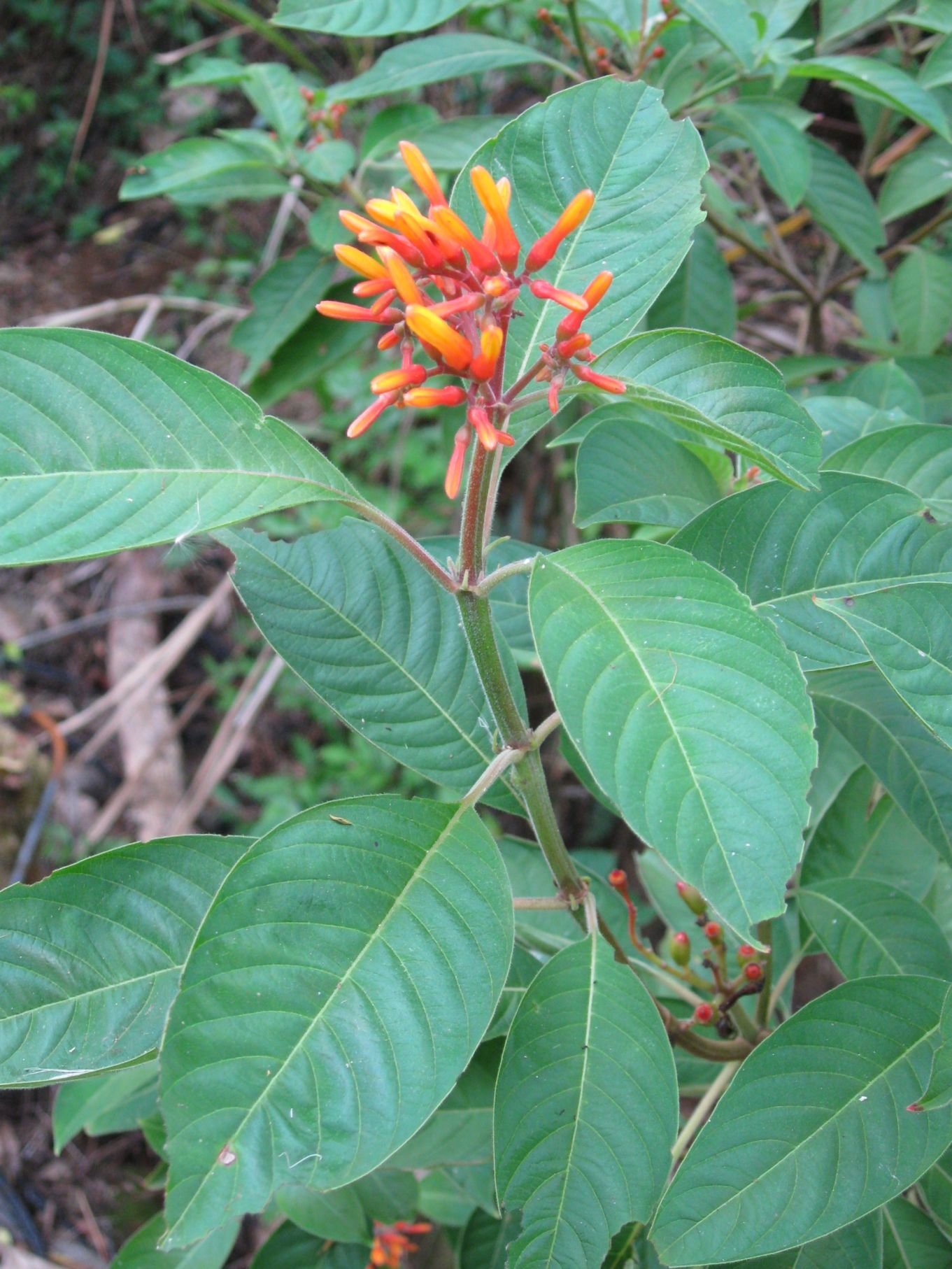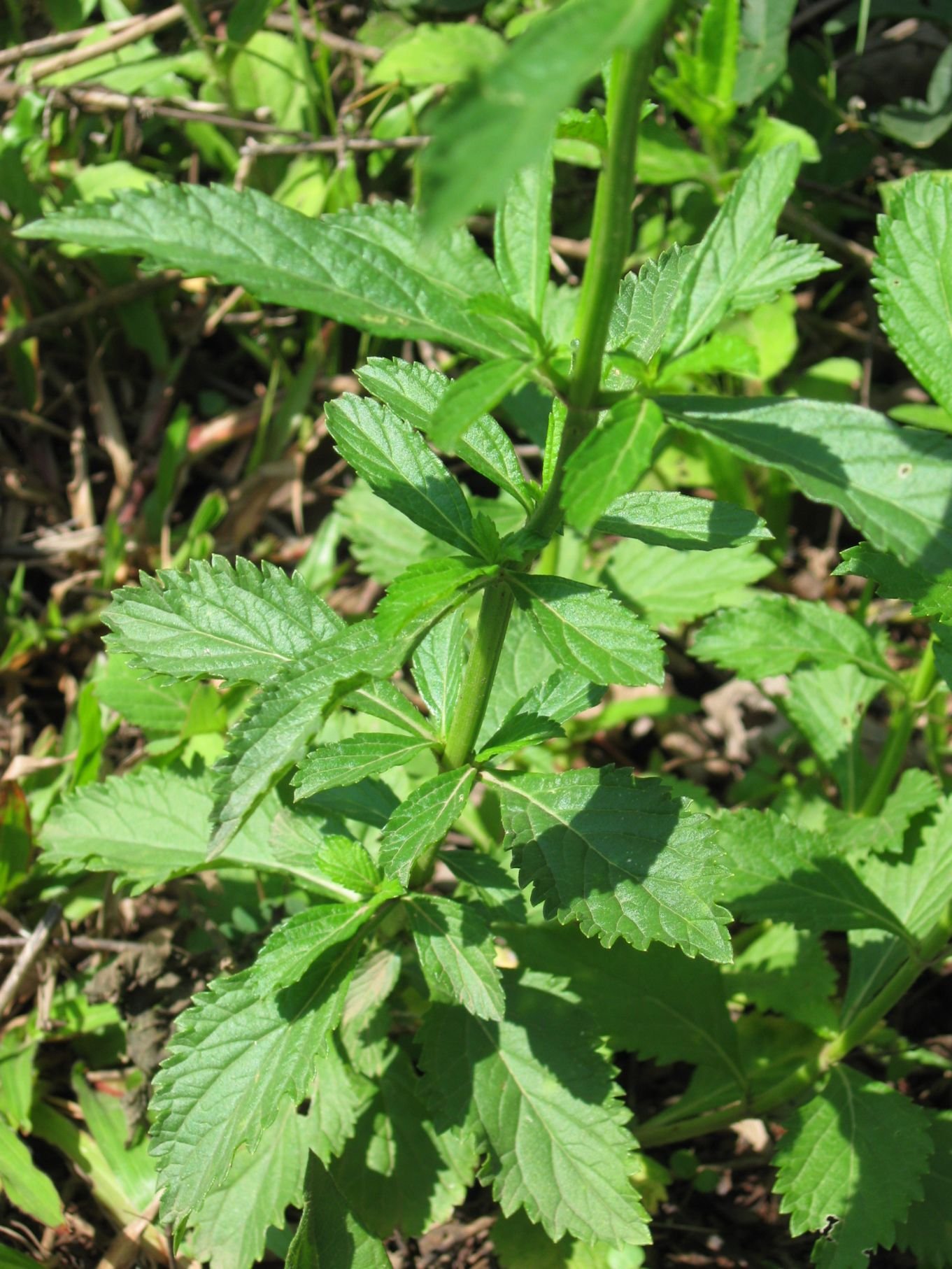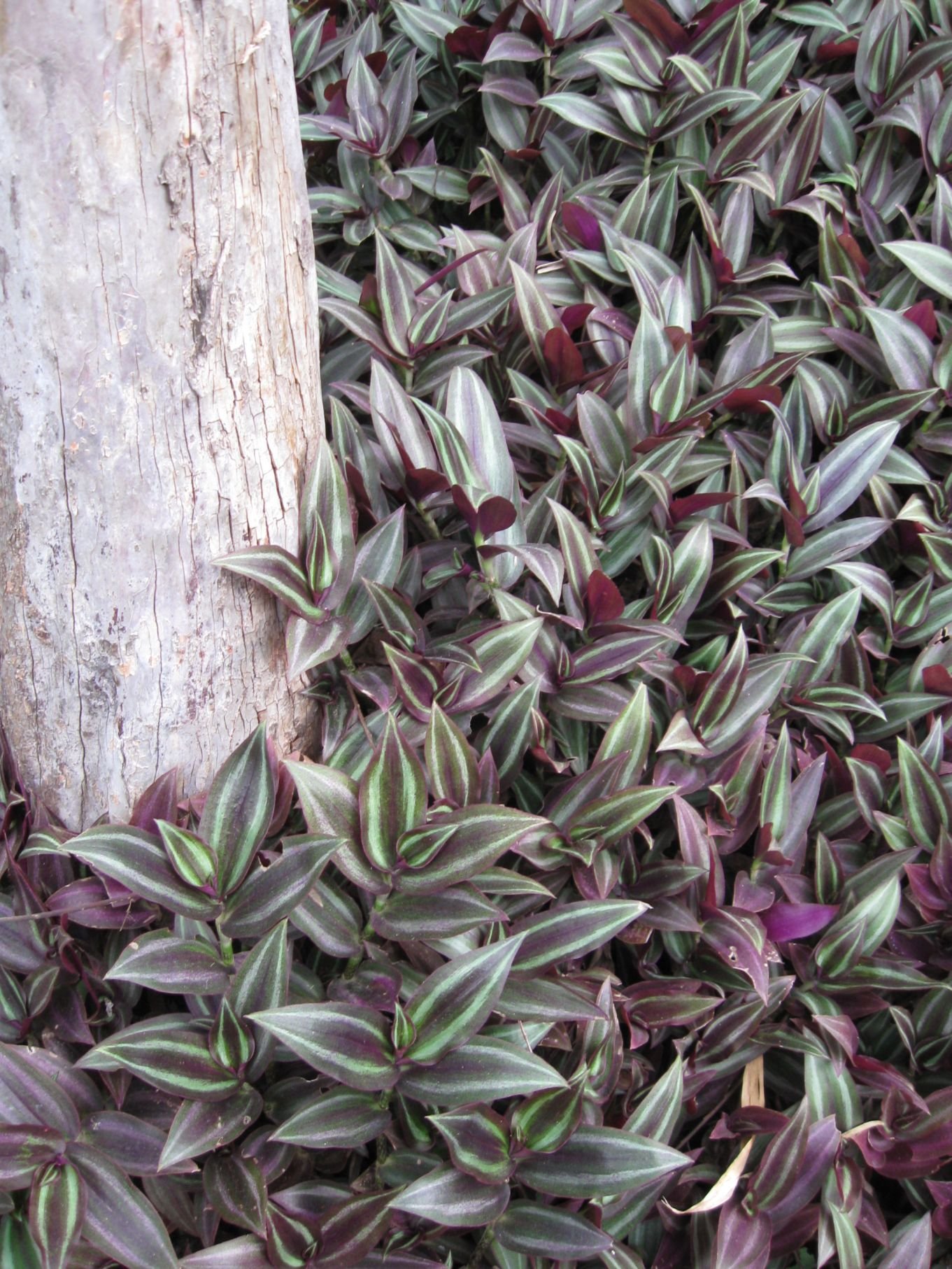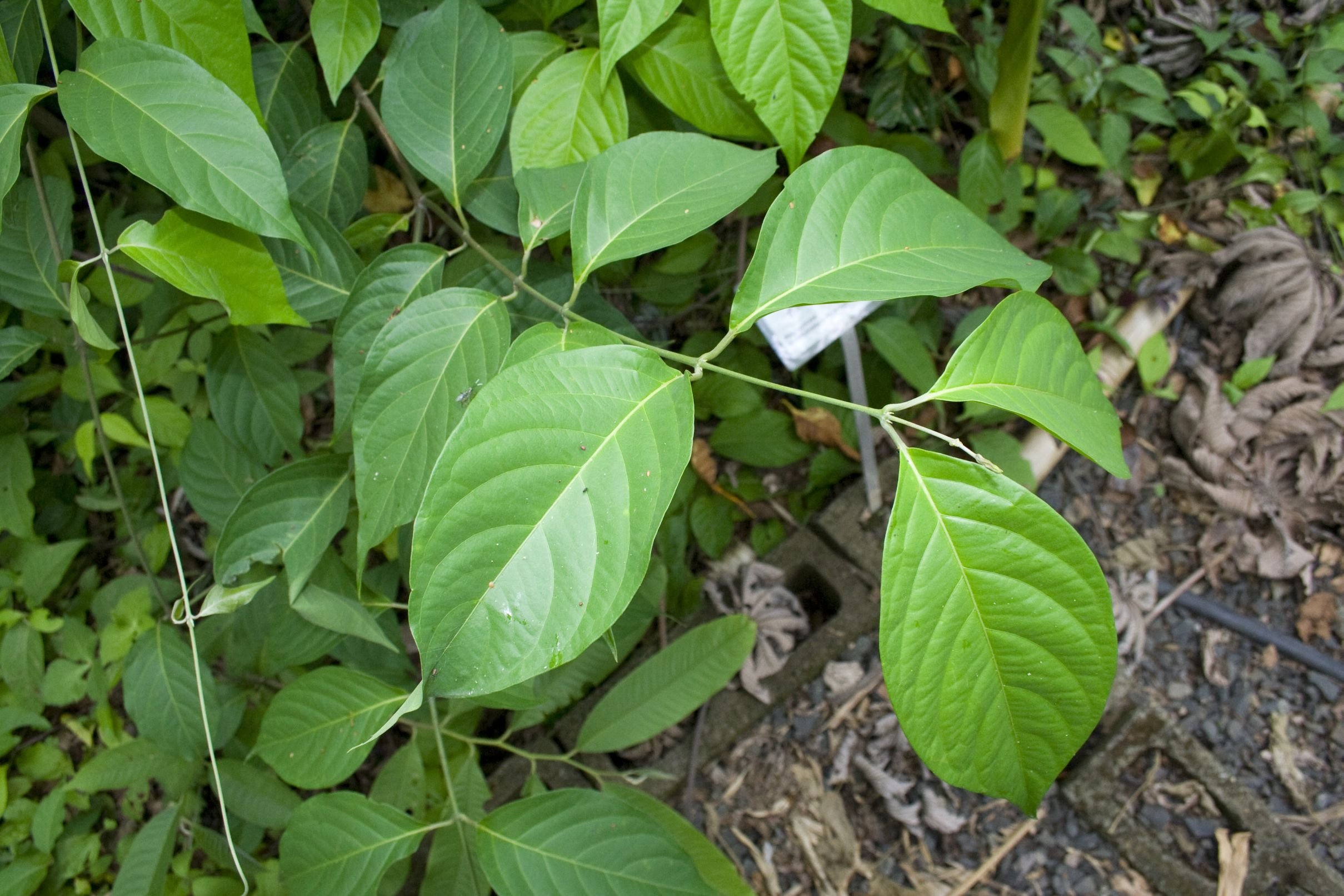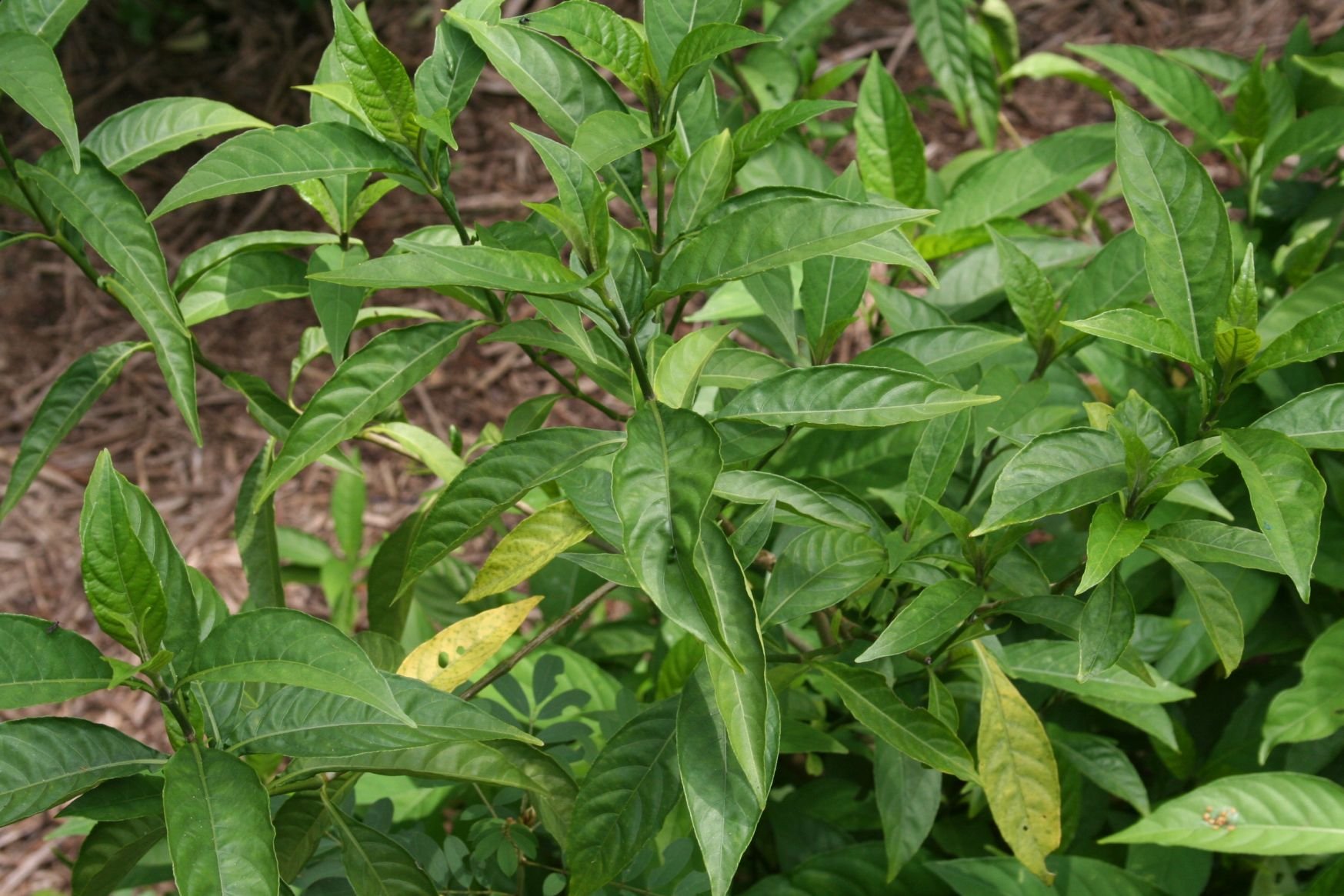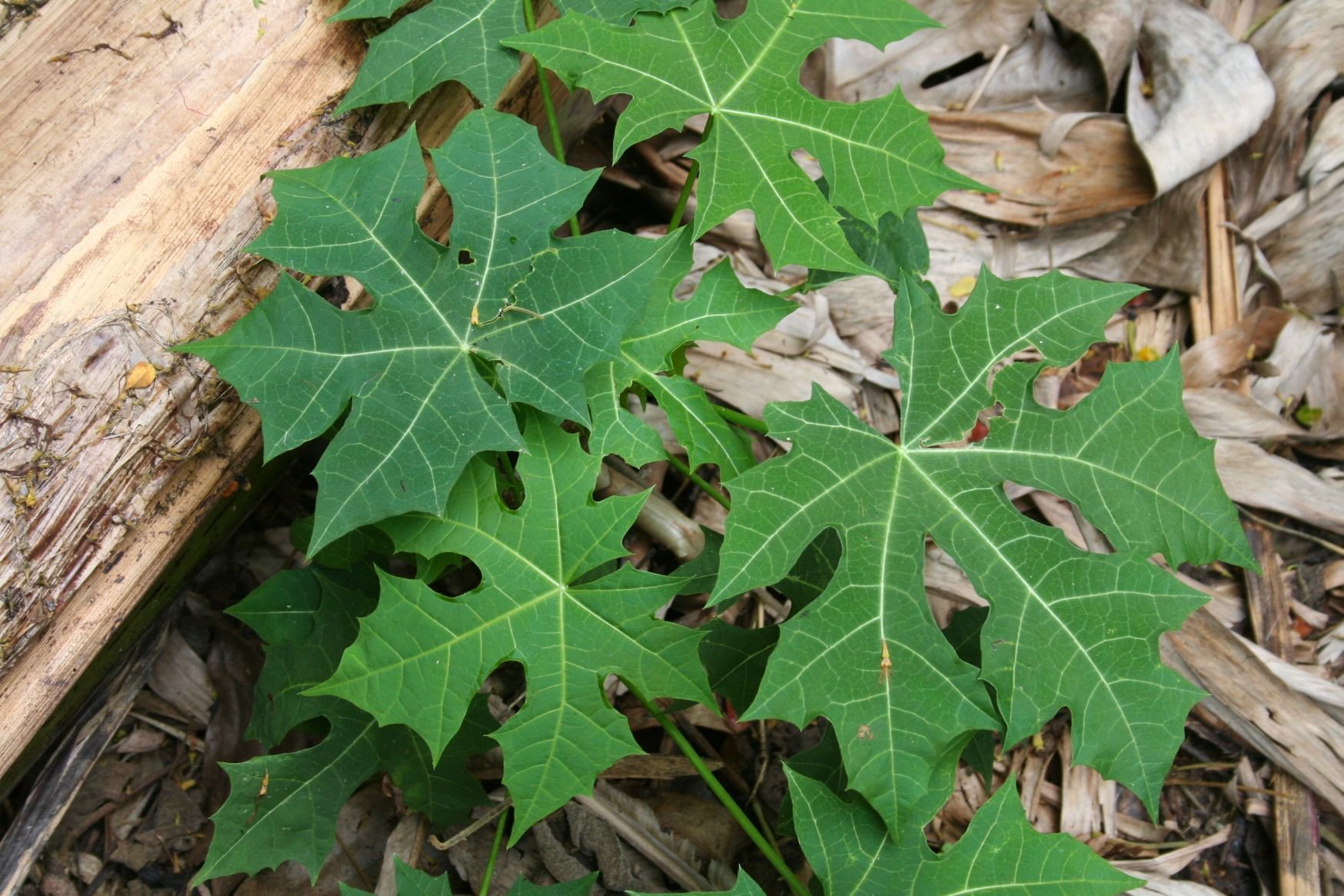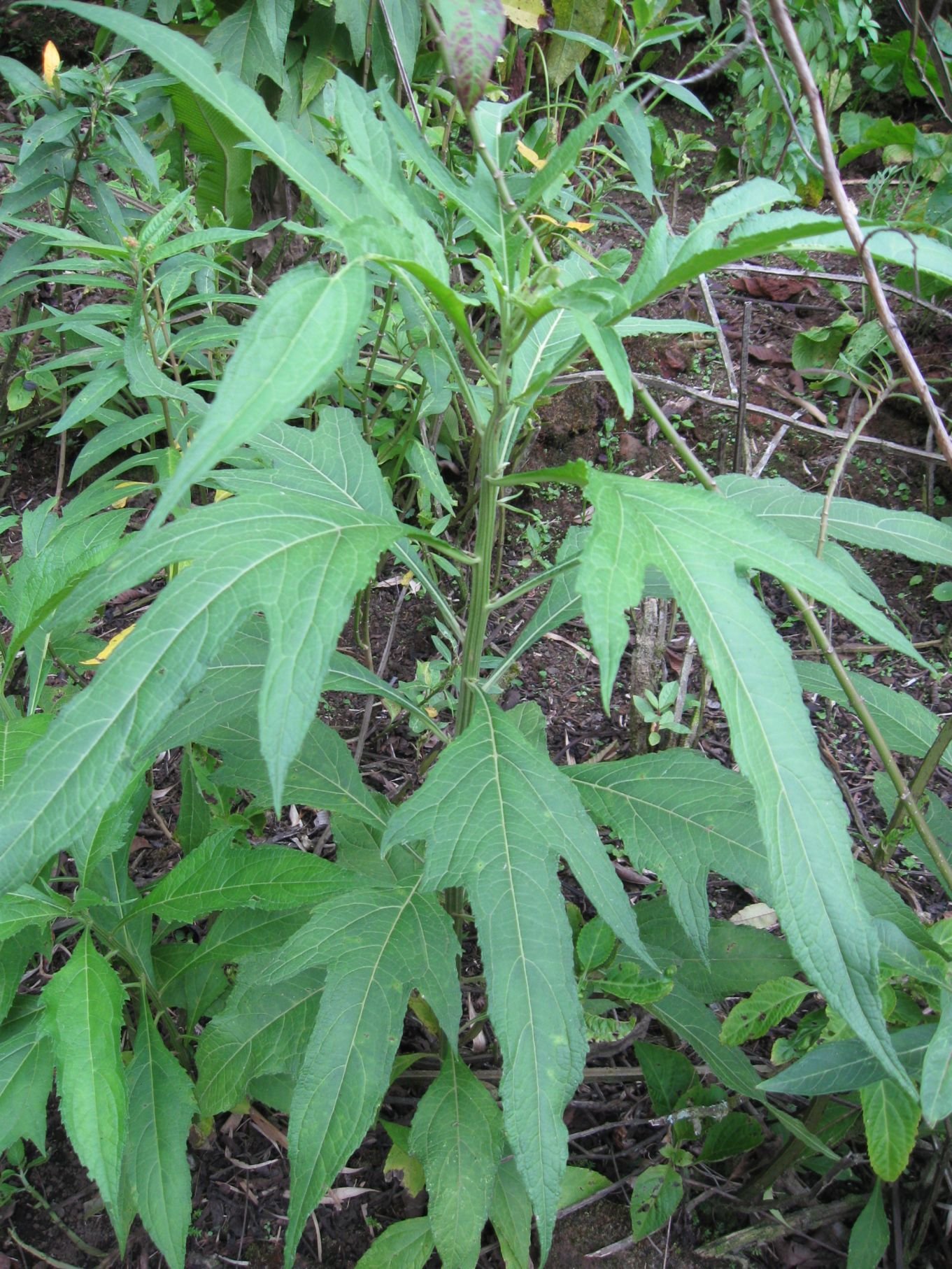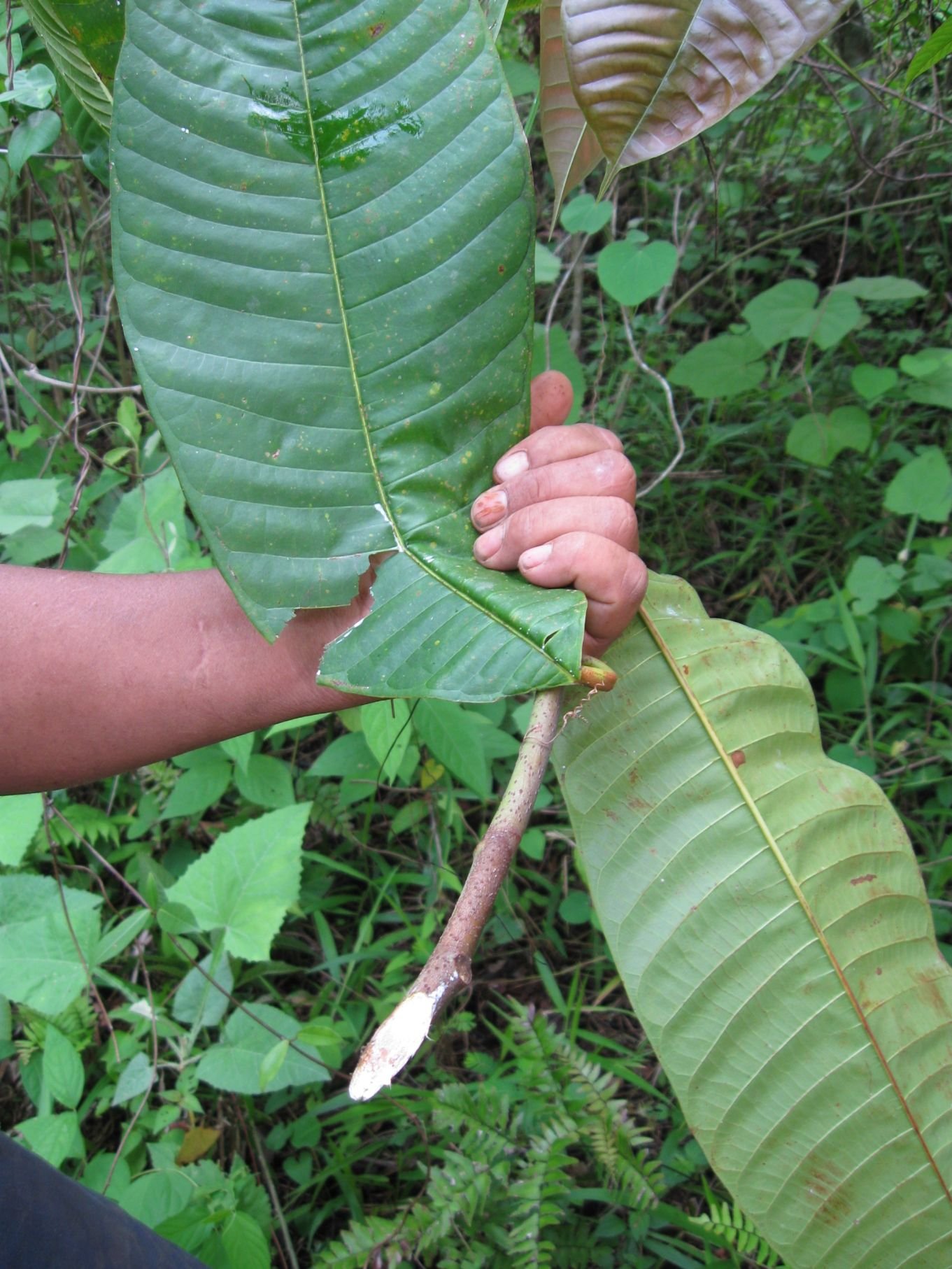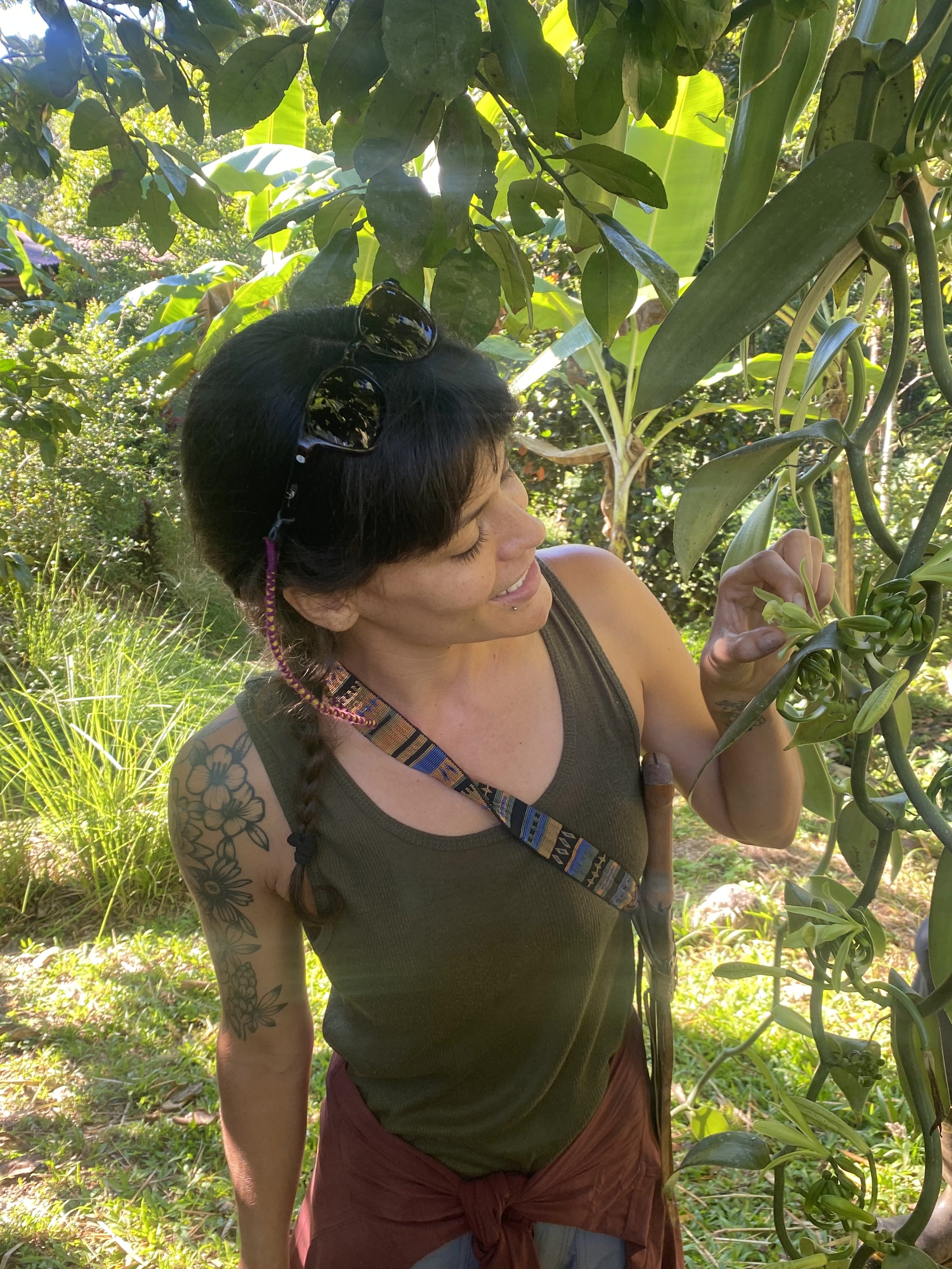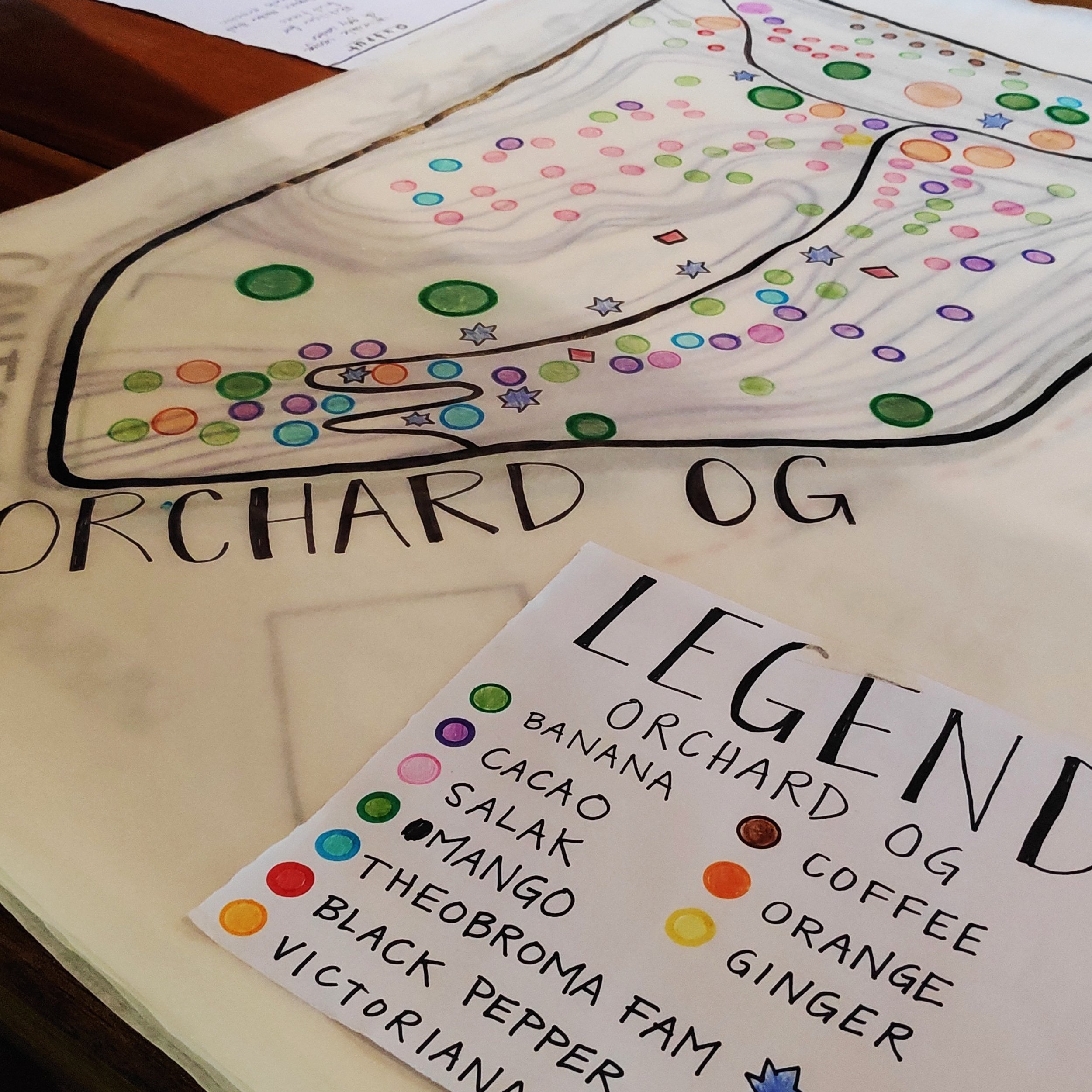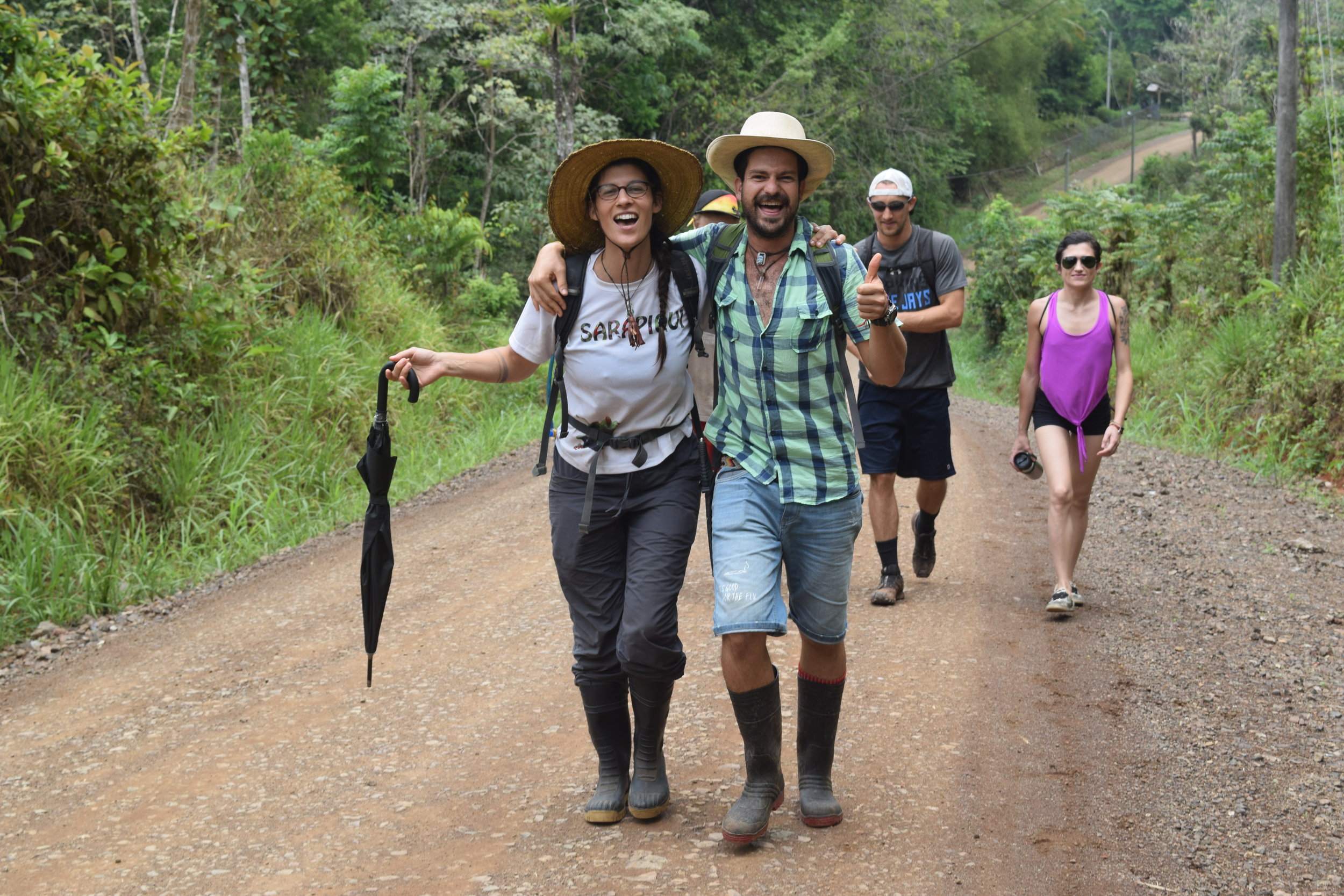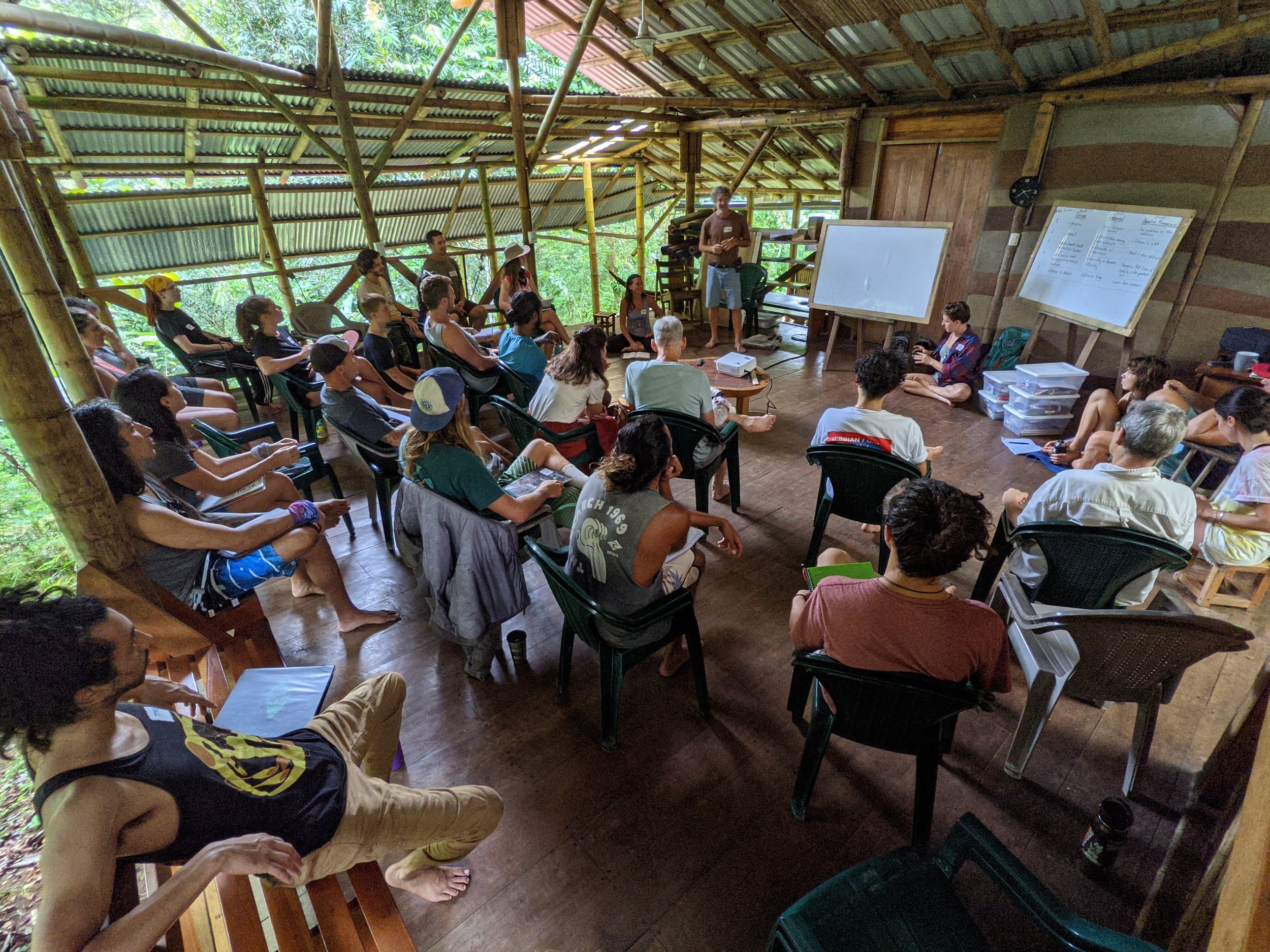Identification of Edible and Useful Tropical Plants
June 16 - 20, 2024
Would you like to learn to identify the most common edible and useful plants in ecological and permaculture farms in Costa Rica? Do you have land and would like to grow your food but don’t know anything about plants? Would you like to propagate your own plants?
If you prefer to pay your deposit or full course fee via a direct deposit, with Wise, with a check or via another method, please fill out a registration form and send proof of payment to info@ranchomastatal.com. For information on payment details go here.
Description
Would you like to learn to identify the most common edible and useful plants in ecological and permaculture farms in Costa Rica?
Do you have land and would like to grow your food but don’t know anything about plants?
Would you like to propagate your own plants?
A very key permaculture principle is observe and interact and when we move to a new country, instead of trying to grow all the same things we had at our former home, we need to observe what is that grows well there and what has been used traditionally in successful guilds. This workshop is an in-depth introduction to edible, nutrient fixing, living fences and more species of tropical plants that you want to have as helpers in your land, if you are moving to or already live in the tropics.
It takes time to get to know plants, especially in a new country. You need to know the species to be able to apply a great deal of the permaculture knowledge as well as techniques such as food forests, syntropic farming, analog forestry, agroforestry, or to simply do a little edible garden.
This is a workshop where you will learn basic botany and taxonomy, main families of most common edible tropical plants, their use and propagation, life cycle, importance of the scientific names and other plant lover’s tips. Also the setting of the workshop is a mature permaculture farm with over 20 years of practice and with established fruit trees and all kind of plants so you will be able to see them all at full maturity and enjoy them in the communal delicious meals. Note: this is not a nutritional or medicinal plants workshop.
Your facilitators are 2 Costa Ricans: Amanda and Natalia, both with a lifelong story of plant affairs. See bios below.
COURSE CURRICULUM
What you will learn:
To identify and recognize the most common botanical families of useful and edible plants in the Costa Rica tropics.
The structure and importance of Latin names to avoid confusions and mistakes when buying, sharing or cooking plants.
Basic concepts of Botany (Introduction to plant morphology and taxonomic hierarchies)
Main uses of the most common tropical plants, their life cycle and propagation methods (seeds, cuttings, more) and what is a graft?
There will be the opportunity to buy cuttings, seeds and plants from the venue.
Course details
This course is primarily taught in the field, lots of field walks to see plants and interact with them, as well as botanical theory to accompany the experience. Come prepared to engage outdoors with gear that you don't mind getting dirty. Class will take place all day and with ample breaks for information integration. Plan to arrive to the venue by 2pm on the arrival day. Class will end at lunch time on the departure day.
instructors
Amanda Calvo: Born and raise in a family that loves plants, practice herbal medicine and organic agriculture, Amanda is fascinated by biological and ecological processes, the plant kingdom and the miracle of seeds. She studied Dance, Biology and Pedagogy; she´s certified by the International Network of Analog Forestry and studied Permaculture with the Permaculture Institute. Amanda was a naturalist guide at the Amazon and currently she teaches Agroecology, Tropical Botany and Permaculture. Amanda is founder of the Medicinal Plant network of Costa Rica, and has worked with Rafael Ocampo, Agustín Contreras y Luis Poveda. She direct the iniciative of production and education LaHerbaria and colaborated with the agroecology project Villa Las Orquídeas. She never stops learning.
Natalia Vega: Always fascinated by Nature, she spent her childhood climbing guava trees at her grandfather´s farm in Costa Rica and later studied Agriculture at EARTH University, Holistic Sciences at Schumacher College in UK, and Permaculture at the Permaculture Institute, where she is currently the co-director. She has taught several PDC´s in different venues in Costa Rica. She was co-founder of the ProNativas network and works closely with Willow Zuchowski, author of Tropical Plants of Costa Rica. Natalia works as a landscaper and loves doing erosion control designs, botanical inventories and create ecological productive gardens with native and tropical plants. The more plants she knows the more she realizes there is to know, the world of nature is endless and is a joy to share the journey with other plant lovers.
COURSE START AND ARRIVAL DATES
The course will start at 8 a.m. on June 16. Students are encouraged to arrive June 15. For those arriving on June 15, you must arrive before 6.30 pm. We will not be able to attend you after this time.. Lodging the night of June 15 is included in the cost of the class.
COURSE END AND DEPARTURE DATES
The course will end at noon on June 20. Lodging the night of June 20 is NOT included in the cost of the class.
Cost
National/Citizen of Costa Rica: $400
Other Nationality (including Costa Rican Residents): $750
Pricing is determined by your legal Costa Rican immigration status.
These prices include lodging, all meals, course instruction and full access to Rancho Mastatal and its private wildlife refuge.
REGISTER BELOW
To pay any remaining balance go to our Payment page for more information and options.
Scholarships
There will be limited scholarships for this class.
ACCOMMODATIONS
All food and lodging is included in the cost of the course. Students will stay in the Ranch bunkhouse with options for upgrades. We provide high quality mattresses, linens and blankets. Please see our Accommodations page for more information.
CANCELLATION POLICY
Please see our cancellation policy here.
GETTING TO RANCHO MASTATAL
Please see our Directions page for detailed information on how to get to Rancho Mastatal.
QUESTIONS
For more information about this class and Rancho Mastatal please contact us at info@ranchomastatal.com , call us at +506 2200-0920 or text/WhatsApp us at +506 8539-1404.



